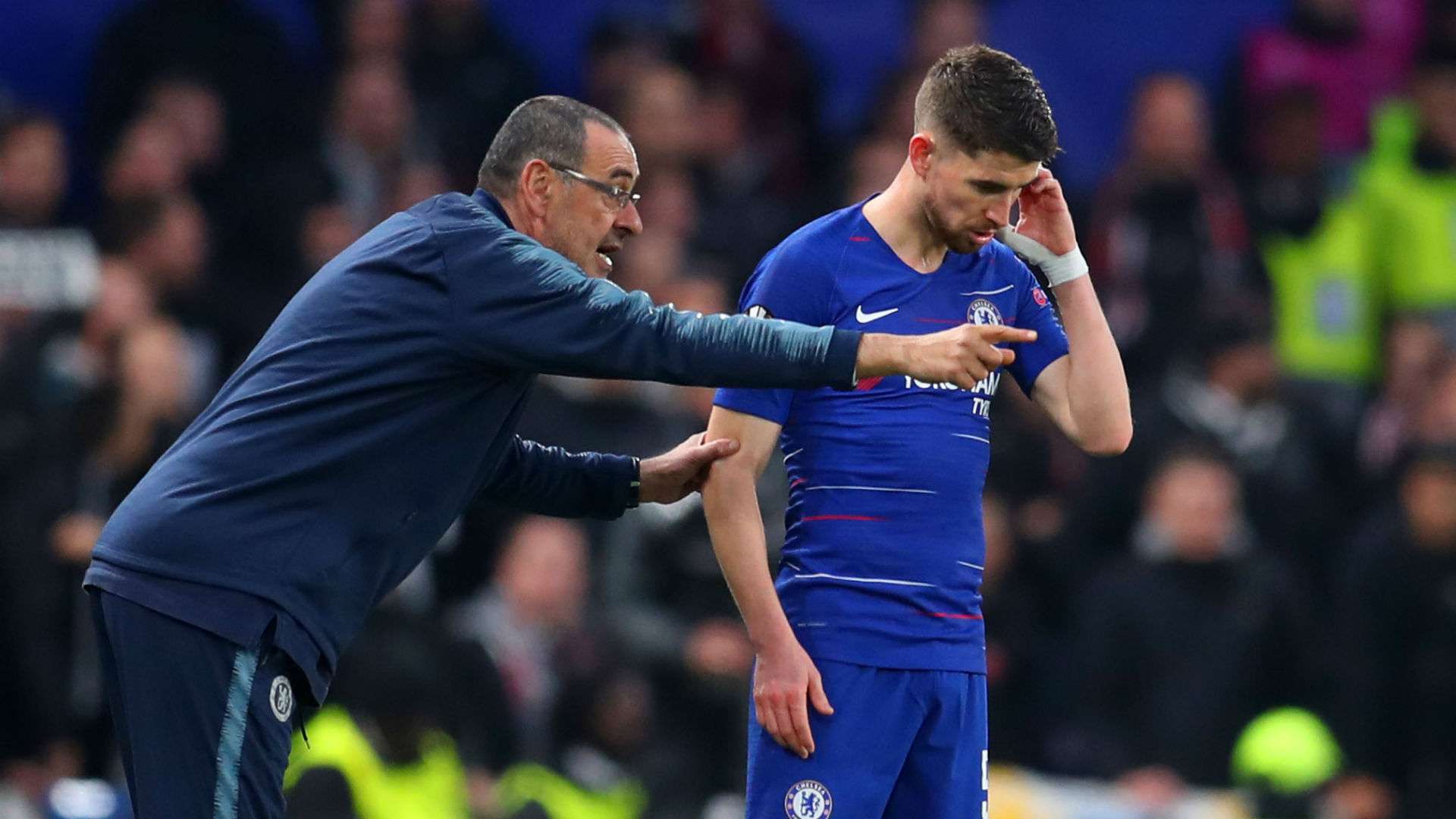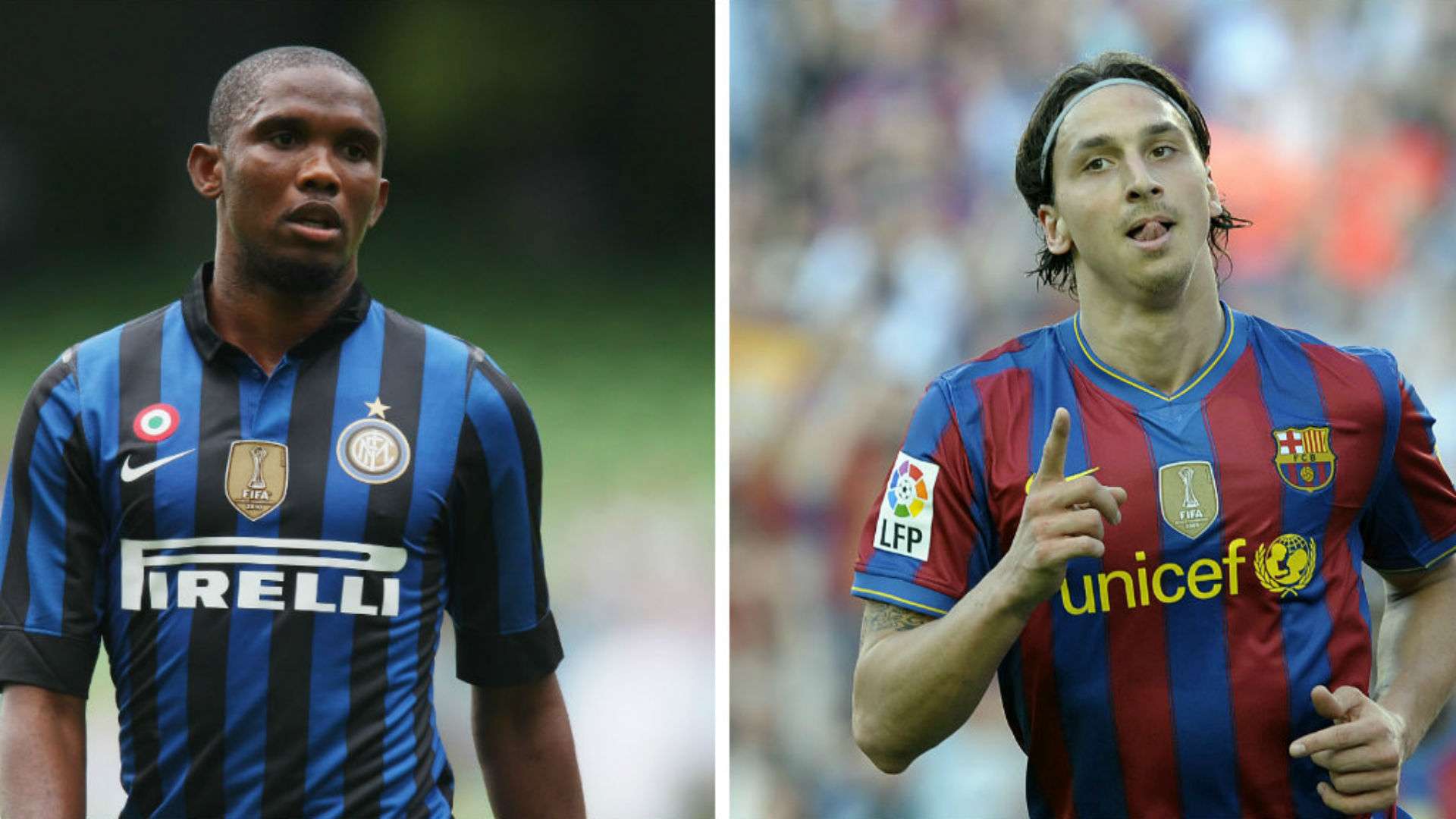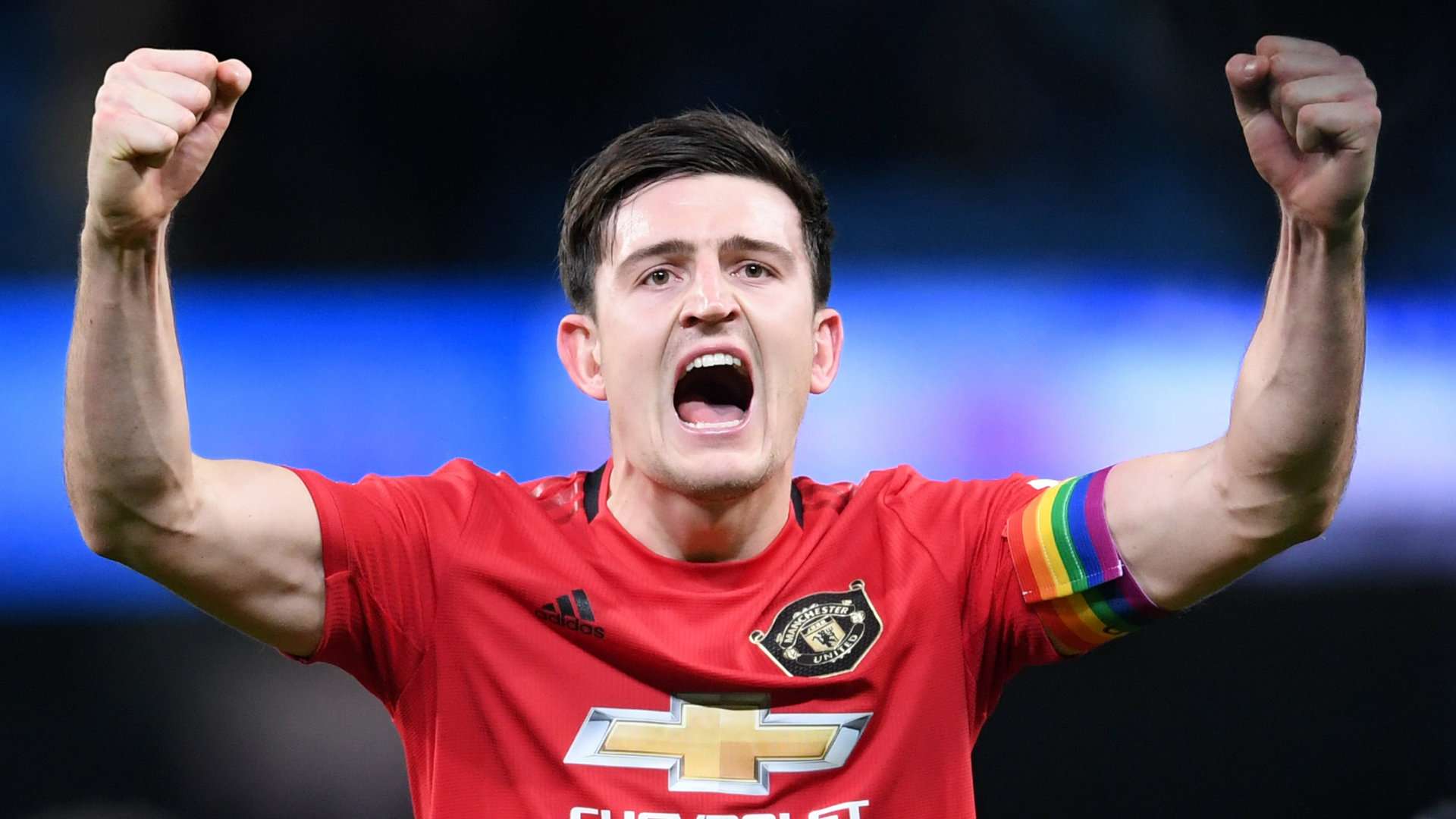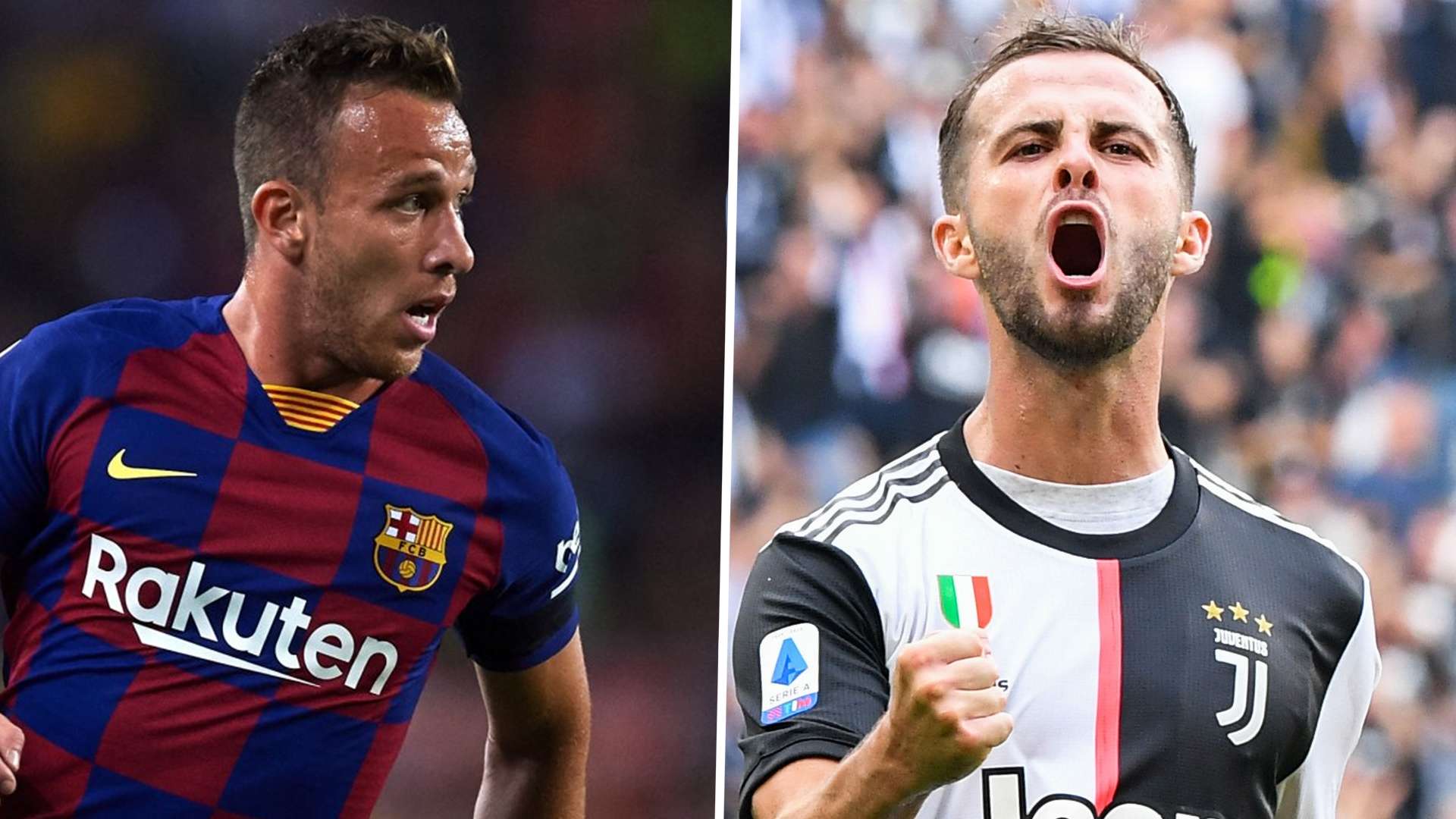The transfer market is, by its very nature, unpredictable.
Had Leeds United not enquired about Denis Irwin in 1992, Eric Cantona would never have ended up at Manchester United.
Barcelona did not increase Neymar's €222 million (£196m/$240m) buy-out clause because they assumed nobody would – or indeed could – pay such an exorbitant fee.
Real Madrid, meanwhile, thought that they had signed David de Gea in 2015, only to be betrayed by a 'faulty' fax machine.
The point is that from the moment the window opens to the moment it closes, anything is possible. Uncertainty reigns supreme.
The next window, though, will be unlike anything we've ever seen before due to the financial crisis caused by the coronavirus pandemic.
It is, therefore, even more difficult than usual to predict what will happen but almost everyone within the game agrees on three things: fees will fall, loans will increase and, most intriguingly, swap deals will become far more prevalent.
Indeed, during an appearance on the Sky Sport Italia show 'The Market That's Coming' earlier this month, Juventus' chief football officer, Fabio Paratici, boldly predicted an increase in basketball-style trade deals.
"Clubs are going to have economic problems, so new formulas will have to be found," he reasoned. "Among the various systems out there, I think the NBA could be something to take inspiration from. There is the salary cap and the draft, so there are many differences with our system.
"However, I would immediately take the trade system from the NBA."
It is hardly surprising, then, that this week's transfer news was dominated by a swap deal involving a Juventus player, Miralem Pjanic.
The midfielder has been deemed expendable by the Bianconeri, having failed to convince as a deep-lying playmaker under Maurizio Sarri. The coach had hoped that Pjanic would prove to have the requisite range of passing to develop into Juve's answer to Jorginho.
 Catherine Ivill
Catherine Ivill
However, after the Bosnian's bright start to the season, it seems Sarri has now concluded that he would be better off with the real thing. Consequently, Juve are now reported to be in talks with Chelsea over a swap deal involving Pjanic and Jorginho.
This comes after Barcelona previously tried to tempt the Bianconeri into an offer as elaborate as anything previously seen in the NBA.
The Catalans were willing to send Arthur Melo to Turin – potentially along with Junior Firpo – in exchange for not only Pjanic, but also Daniele Rugani and Mattia De Sciglio.
Barca's reasoning was that the 22-year-old Arthur was worth more than the Bosnian, who has just turned 30, and that making Rugani part of the deal would negate the need to put any cash towards addressing their need for a new, young centre-half.
De Sciglio, meanwhile, was viewed as a cut-price replacement for Nelson Semedo, whom Barca are hoping to swap with Manchester City's Joao Cancelo with a view to immediately giving the Portuguese full-back to Inter as a means of reducing their outlay on Nerazzurri forward Lautaro Martinez.
The latter is Barca's primary transfer target this summer but, as previously outlined on Goal, the Catalans presently do not have sufficient funds to meet his €111m (£98m/$120m) buy-out clause without getting very creative.
So, if Barcelona – who topped Deloitte's latest Football Money League by generating €841m (£745m/$910m) in revenue in 2018-19 – have to approach the market in a very different way, nearly every other club in the world will find themselves in the same situation this summer.
"I think we're going to see a deflation of the transfer market," Joshua Robinson of the Wall Street Journal told Goal. "I don't think clubs are going to be able to pay €150m (£133m/$162m) for a player this year.
"It's possible that a handful of big deals will still happen between the super clubs. For example, PSG and Manchester City aren't going to run out of money anytime soon.
"However, outside of those super clubs in Europe, I think we'll see a major rethink of how to do business."
 Getty
Getty
Swap deals are nothing new, of course. They were particularly prominent in Italy for a long time.
Inter were once famous for grossly misjudging the value of players, exchanging Clarence Seedorf for Francesco Coco, Fabio Cannavaro for Fabian Carini, and Andrea Pirlo for Andres Guglielminpietro.
The swap deal, then, contains an inherent potential for embarrassment. There's the risk of not only signing the wrong player for your team but giving away the right one, which Barcelona know only too well, having made Samuel Eto'o part of the massive player-plus-cash deal that brought Zlatan Ibrahimovic to Camp Nou for one disastrous season.
It is telling, then, that even the Blaugrana are once again willing to start entertaining the idea of major player exchanges. Desperate times call for desperate measures and Barca are simply not in a position to do major cash deals.
It's a similar story in England. The Premier League may be the richest domestic championship in the world by some distance but even its clubs are facing dire economic problems caused by the current suspension of play.
"You would never run a regular business like the way a Premier League club is run," Robinson said. "Every additional dollar they make is pushed into salaries and transfer funds, and that's a common complaint among executives and owners.
"They do make huge profits but the margins are, in the eyes of the major stakeholders, very thin because they feel that they are always on the verge of becoming uncompetitive because so much money is going on players, in terms of wages and transfers."
Which is precisely why 'Big Six' sides like Liverpool and Tottenham even tried to reduce costs where they could by availing of the UK government's furloughing scheme before eventually performing U-turns after a bitter fan backlash.
There is no getting away from the fact that clubs are in a perilous position because of the amount of money going on players. Even the likes of Juventus and Barcelona had to agree temporary pay cuts with their first-team squads because of the pandemic-induced drop in revenue via gate receipts and, more importantly, broadcasting deals.
No matches means no TV money, a calamity for a business that operates on a cash-flow basis.
As one financial expert who works closely with several clubs told Goal, many of his clients would have been counting on the sale of a top player this summer to balance the books. Now, with prices set to drop, they've been hit with a major financial headache.
 Getty Images
Getty Images
"If you think of Leicester last season and the situation with Harry Maguire, who was wanted by both Manchester United and Manchester City," football finance lecturer Kieran Maguire told Goal, "Leicester could afford to turn down the first bid as they were in a strong financial position.
"So, they were in no rush to sell, they could wait to see if a bidding war developed and, eventually, United had to increase their bid.
"This summer, though, Leicester would likely blink first in a similar situation. They would accept the first offer on the table because they know they need the cash."
With cash set to be in such short supply, though, swap deals are likely to become far more attractive, even in England, where the last major exchange saw Alexis Sanchez join United from Arsenal, and Henrikh Mkhitaryan move in the opposite direction.
It was a disastrous transfer for everyone involved but a swap deal now carries far less risk than buying a player outright. Even the likes of Barcelona will no longer be in a position to make costly mistakes.
"We are going through a complicated time on a global level," Paratici explained. "There will be less money in the transfer market, so we will have to rely more on our youth teams, reserve teams, swap deals and longer loans. If you cannot buy a house, you can rent it.
"Also, if we're talking about the top 10 to 20 teams in the world, the value of the players will not go down if they're part of a swap deal."
The key, then, will be establishing a player's value not in terms of cash but in comparison to another. The ideal outcome, of course, would be to get the better deal in any trade but Paratici believes that mutually beneficial transfers will be the name of the game.
"Swaps are a good solution because they can serve both teams well," he added. "So, we must be creative and flexible, as the vision we have changes every day.”
Paratici’s vision of a future filled with NBA-style trades is edging ever closer to reality, though. Barcelona and Chelsea’s attempts to sign Pjanic are proof of that.
